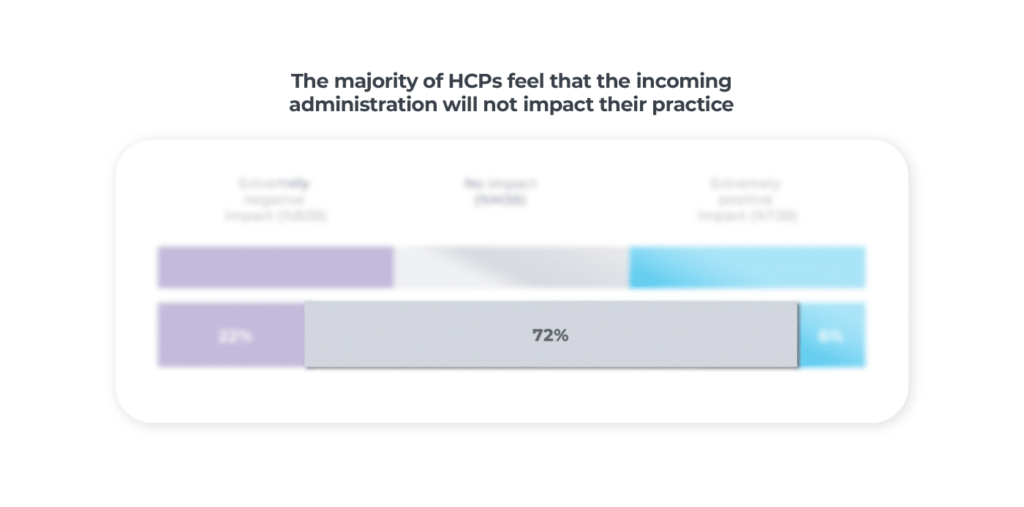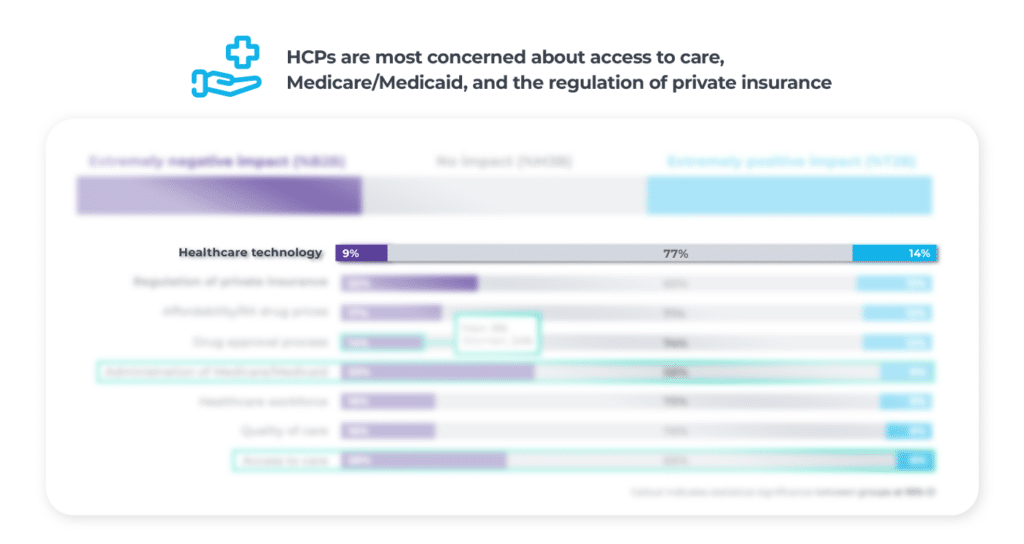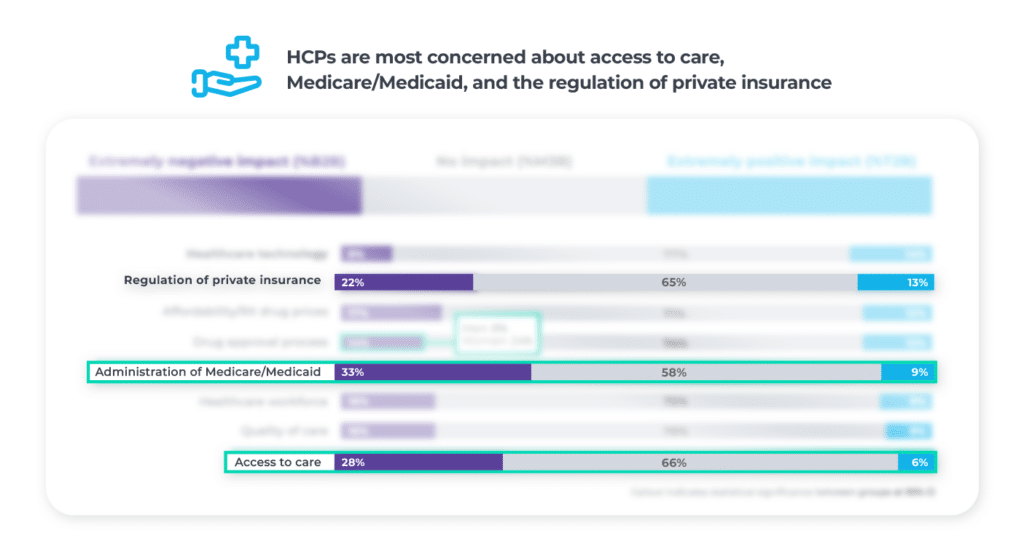As President Trump’s administration takes office for a second term, several policy changes could reshape the future of U.S. healthcare. For example:
- Medicaid and Workforce Reductions: Plans include reducing Medicaid funding and cutting the healthcare workforce, which may conflict with initiatives aimed at expanding health insurance coverage.
- Medical Research Funding: Proposed cuts to federal funding for institutions like Houston’s MD Anderson Cancer Center have raised concerns among Texas Democrats, who argue that these reductions could severely impact scientific research and advancements.
- Affordable Care Act (ACA): Efforts are underway to repeal or modify sections of the ACA, with a focus on reducing federal involvement in healthcare and potentially allowing insurance companies to set their own coverage standards.
- Short-Term Limited Duration Insurance (STLDI): Plans to reinstate standards for STLDI could expand the availability of plans with fewer benefits and consumer protections, offering lower premiums but increased financial risk for enrollees.
- Drug Pricing Policies: An executive order has been issued to roll back policies aimed at limiting drug spending by Medicaid and Medicare, potentially affecting efforts to control prescription drug costs.
- Gender-Affirming Care Restrictions: A federal judge has temporarily blocked an executive order restricting gender-affirming healthcare for individuals under 19, following lawsuits challenging the order’s constitutionality.
- Scientific Research Limitations: The administration has frozen research funds, halted communications, and purged health data from websites, actions that have disrupted scientific pursuits and raised concerns about the future of U.S. research infrastructure.
Apollo’s latest survey of 100+ U.S. physicians reveals mixed perspectives on how the new administration may impact healthcare. While policy shifts are underway, 72% of respondents believe their day-to-day clinical practice will remain largely unaffected. Healthcare technology stands out as a potential area of growth, but concerns persist regarding Medicare/Medicaid administration, access to care, and private insurance regulations.




